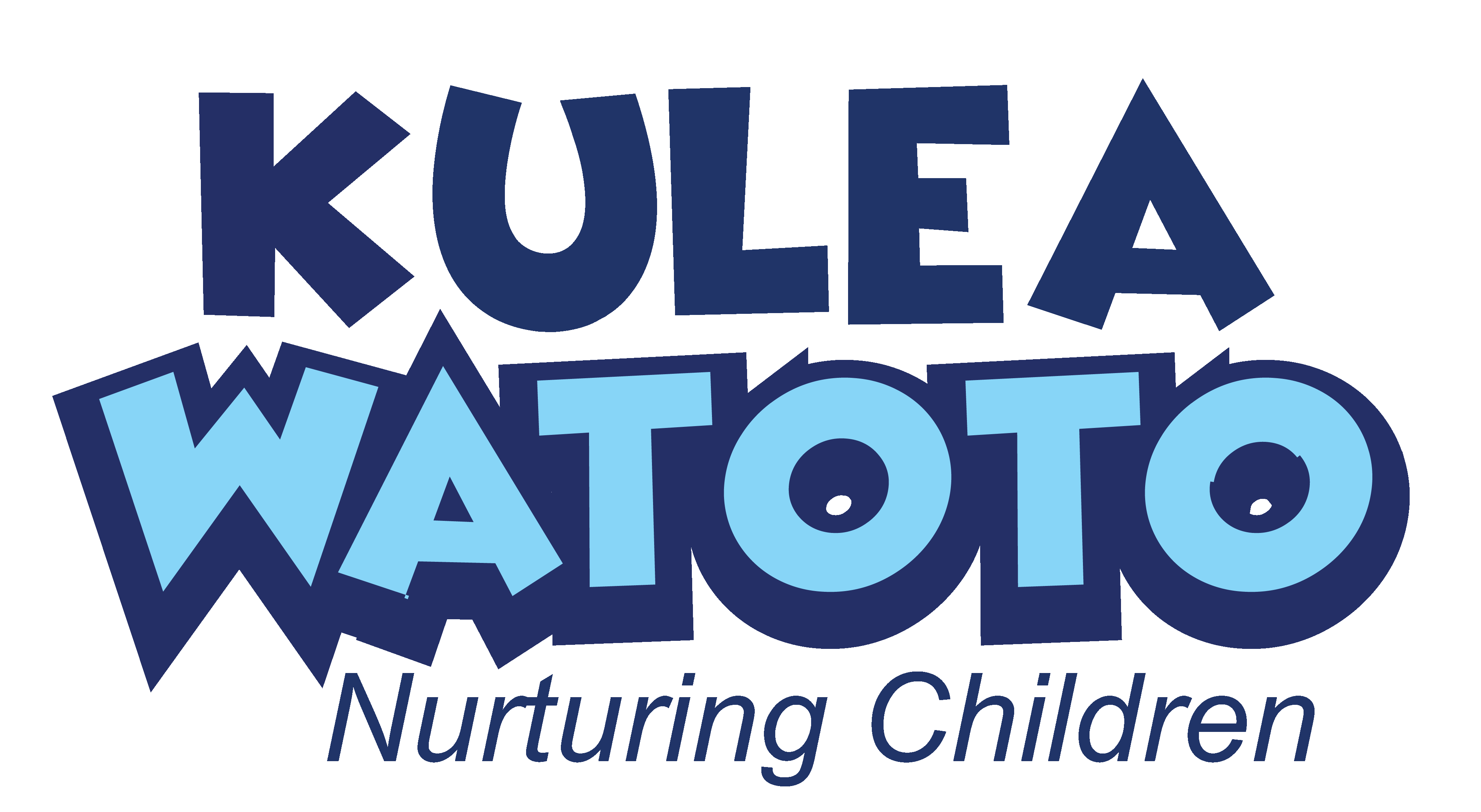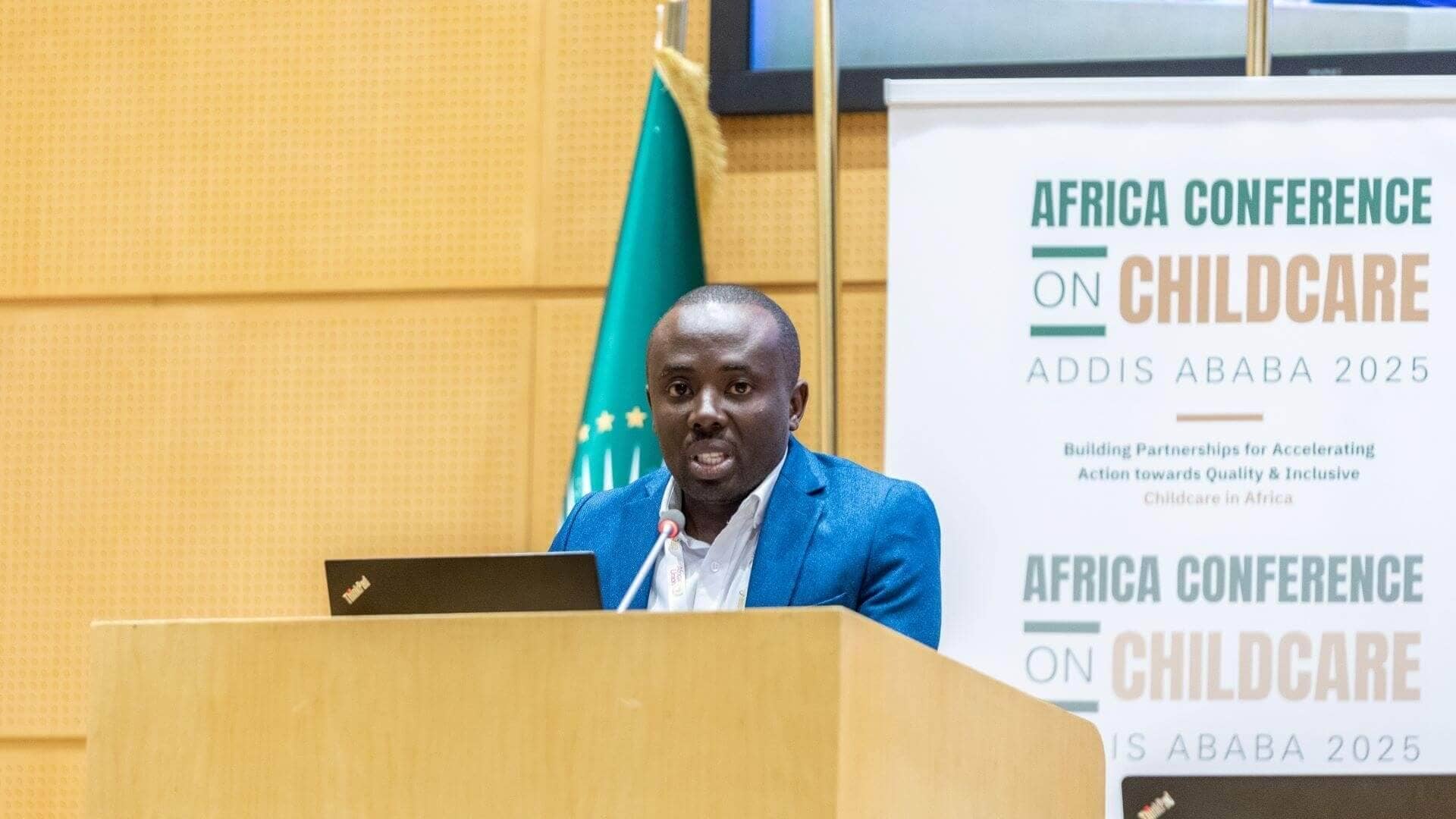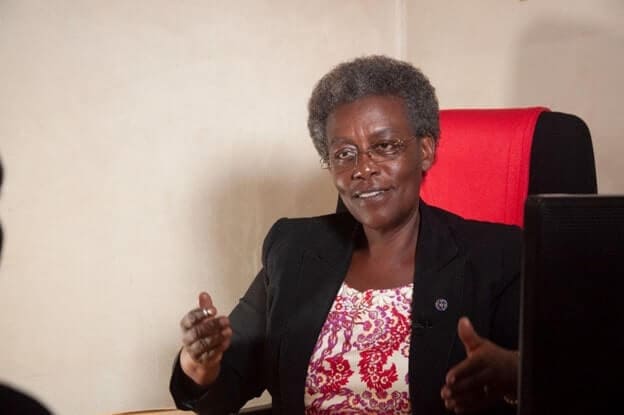Changing Early Learning Amid Kampala’s Slums
Changing Early Learning Amid Kampala’s Slums
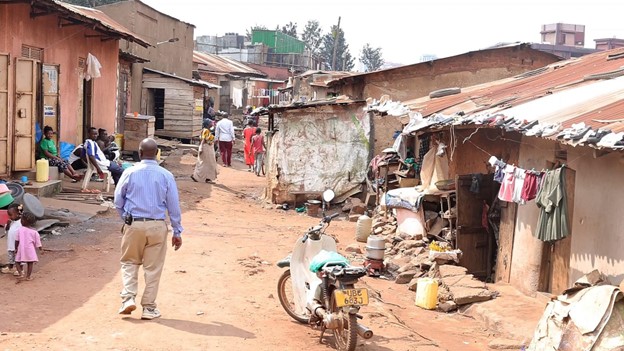
Kiberu Hassan, Chairperson (CMC), interacting with learners at Kiti Nursery School in Katwe, Kampala Central.
Tucked deep within the crowded backstreets of Kampala Central’s informal settlements in Katwe, Kiti Nursery School stands in a place many overlook. Narrow dirty alleys wind between makeshift homes of rusted iron sheets and crumbling walls. During the rains, open drains overflow, turning walkways into ankle-deep streams of sewage. Children tiptoe barefoot between stagnant puddles, dodging heaps of garbage and the occasional broken plank bridging a trench.
This community faces constant challenges, flooding, limited access to clean water, and overcrowded living conditions. Many families live in squalid one-room homes and rely on outdoor toilets. Sending a child to school here requires real commitment from caregivers.
Despite these constraints, Kiti Nursery School has become a hub for learning and community support. With support from the Kulea Watoto project, teachers, parents, and elders are working together to create a safe, supportive space for children’s growth.
Community Leadership and Development
Hassan Mubiru, Chairperson of the Center Management Committee at Kiti Nursery School, has over 15 years of experience in early childhood development. He joined the Kulea Watoto project in 2023 and contributes to school governance and planning.
“Working as a community to nurture children is important,” Mubiru says. “Elders, parents, and teachers all contribute.”
He participated in governance training and Human-Centered Design sessions that identified local challenges and developed practical solutions. One of these solutions received project funding, helping improve the school’s services.
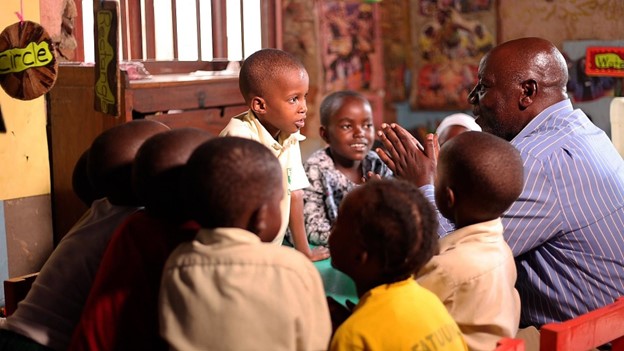
Kiberu Hassan, Chairperson (CMC), interacting with learners at Kiti Nursery School in Katwe, Kampala Central<
Through the Kulea Watoto project, Mubiru’s role has evolved from a respected community elder to an active steward of early childhood development. The project introduced an inclusive model that places communities, especially elders, caregivers, and parents, at the center of transforming learning environments for young children.
“The idea of nurturing children as a community was new to some of us,” he reflects. “But it made sense. Older people working with younger ones, passing on values, understanding culture, it brought us together.”
A School at the Heart of the Community
Kiti Nursery School operates out of a rented building with limited space, but it provides a nurturing environment and a sanctuary from the slum outside its doors. The entrance features a raised cement flood barrier designed to control surface runoff and protect the premises from floodwaters.
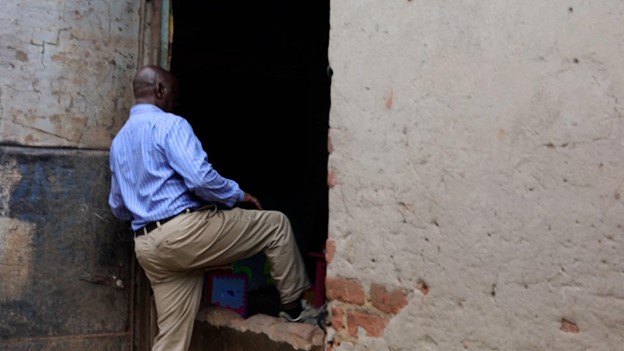
Kiberu Hassan, Chairperson - CMC at Kiti Nursery School, jumps over the raised flood barrier at the class entrance designed to control surface runoff and protect the premises from floodwaters.
Rashida Namutebi, the school’s headteacher, describes how Kulea Watoto has transformed teaching methods and resources.
“Before the project, we had no chairs, no tables. We only had local mats,” she recalls. “We taught without planning and had no learning materials.”
Now, teachers plan lessons together and create their own teaching aids. Enrollment has grown from about 20–30 children to 65, with increasing interest from neighborhood families.
Supporting Families through Savings Groups
Many families in Kiti face financial strain. To help, Kulea Watoto builds the capacity of already existing parent savings groups, enabling them to strengthen their systems as they contribute small amounts of money regularly and access loans when needed.
“We started saving with the parents,” Namutebi explains. “They can now borrow small sums to support their households or pay school fees.”
The training also shifted how teachers relate to children. “Before, discipline was stricter,” Namutebi says. “Now we listen more and support children with patience and understanding.”
Parental involvement has increased. Families participate in school activities and savings groups. Some have also started small projects like poultry farming and gardening to generate income.
Community-Driven Progress
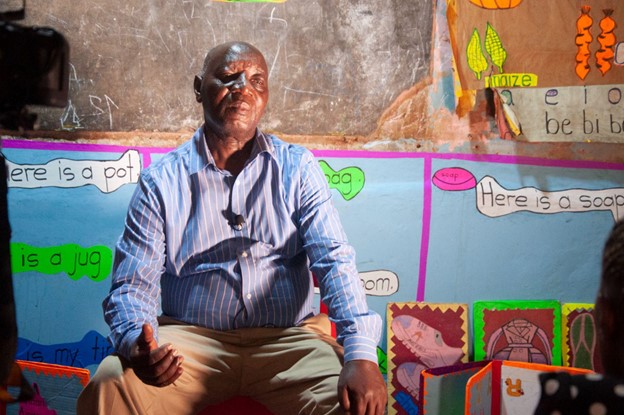
Kiberu Hassan, Chairperson CMC at Kiti Nursery School during an interview.
Looking ahead, Mubiru envisions Kiti Nursery School as a self-reliant, thriving institution, a model for other community-based centres. Currently renting space, he dreams of a permanent building with enough classrooms, a playground, and rest areas for the youngest children.
“Renting is expensive and limits us,” he says. “We need to own our space.”
He also hopes to expand learning materials, including TVs, mattresses, and storybooks, to enrich the school environment. Equally important is his vision to establish a community charity fund to support vulnerable families, particularly those headed by single mothers. “Our children deserve a future built through shared effort,” Mubiru affirms.
“We need to exchange ideas with other schools so we can learn from one another,” he suggests. “And we need our partners to walk with us, not just to give, but to stay.”
The work of Namutebi, Mubiru, and the Kulea Watoto project reflects strong community commitment to early learning and development. Kiti Nursery School stands as a model of what local leadership can achieve when people come together to prioritize children’s futures.
